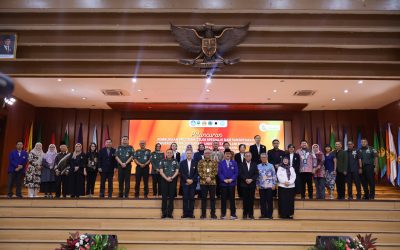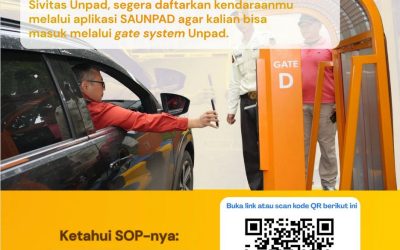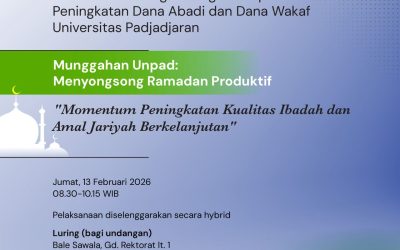At Dr. Hasan Sadikin Hospital, Bandung, the story of a child born with bilateral polydactyly—extra fingers and toes—unfolded. For most, these tiny differences might seem cosmetic, but for the child and family, they represented a daily struggle, from difficulty grasping objects to the stigma of being “different.”
Led by Dr. Yoyos Dias Ismiarto from Universitas Padjadjaran, surgeons performed a delicate corrective procedure that did more than reshape hands and feet—it reshaped futures. Using innovative surgical techniques, the team addressed both preaxial (extra thumb-side digits) and postaxial (extra little-finger-side digits) polydactyly, along with syndactyly, where fingers were fused.
The surgery restored not only physical function but also dignity. “Every child deserves the chance to hold a pencil, to play freely, to feel normal,” Dr. Yoyos explained. His words highlight the profound psychological and social weight carried by conditions often dismissed as rare.
The impact stretches beyond the individual case. This surgery demonstrates that even in low-resource settings, advanced reconstructive care can be accessible. By training young surgeons and sharing expertise, Unpad expands capacity for pediatric orthopedic care across Indonesia.
The achievement contributes directly to SDG 3: Good Health by enhancing pediatric care and SDG 10: Reduced Inequalities by giving disadvantaged children access to life-changing surgery. For the families, it is more than medicine—it is hope delivered through skilled hands.





0 Comments